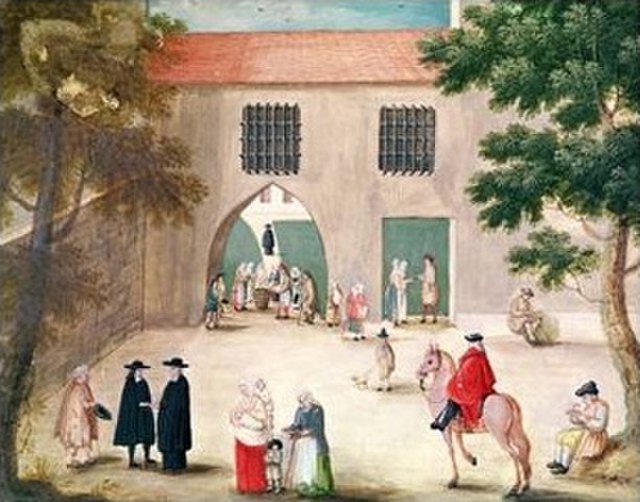National Insurance (NI) is a fundamental component of the welfare state in the United Kingdom. It acts as a form of social security, since payment of NI contributions establishes entitlement to certain state benefits for workers and their families.
A 1940 contribution card for an employed woman.
A British 1948 National Insurance stamp, once used to collect contributions to the scheme.
Welfare, or commonly social welfare, is a type of government support intended to ensure that members of a society can meet basic human needs such as food and shelter. Social security may either be synonymous with welfare, or refer specifically to social insurance programs which provide support only to those who have previously contributed, as opposed to social assistance programs which provide support on the basis of need alone. The International Labour Organization defines social security as covering support for those in old age, support for the maintenance of children, medical treatment, parental and sick leave, unemployment and disability benefits, and support for sufferers of occupational injury.
A family support centre in Saint Peter Port, Guernsey, which provides assistance to families with children
Distributing alms to the poor, abbey of Port-Royal des Champs c. 1710
An office of the Social Insurance Institution (KELA) in Seinäjoki, Finland
President Roosevelt signs the Social Security Act, 14 August 1935.






